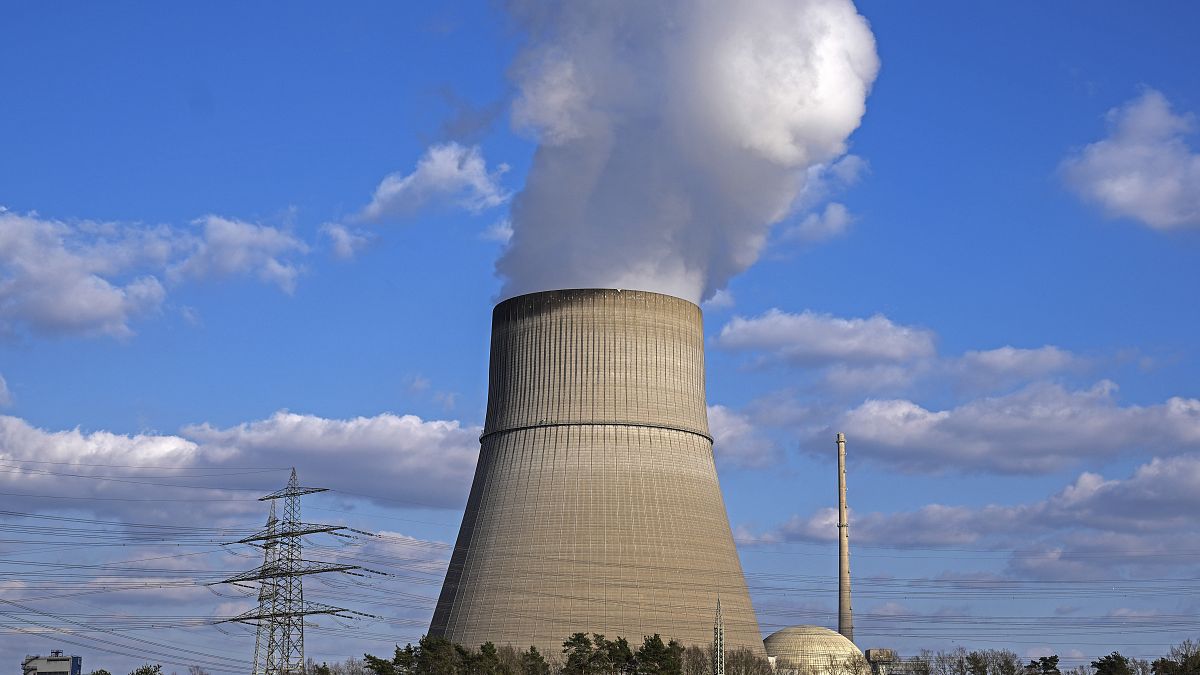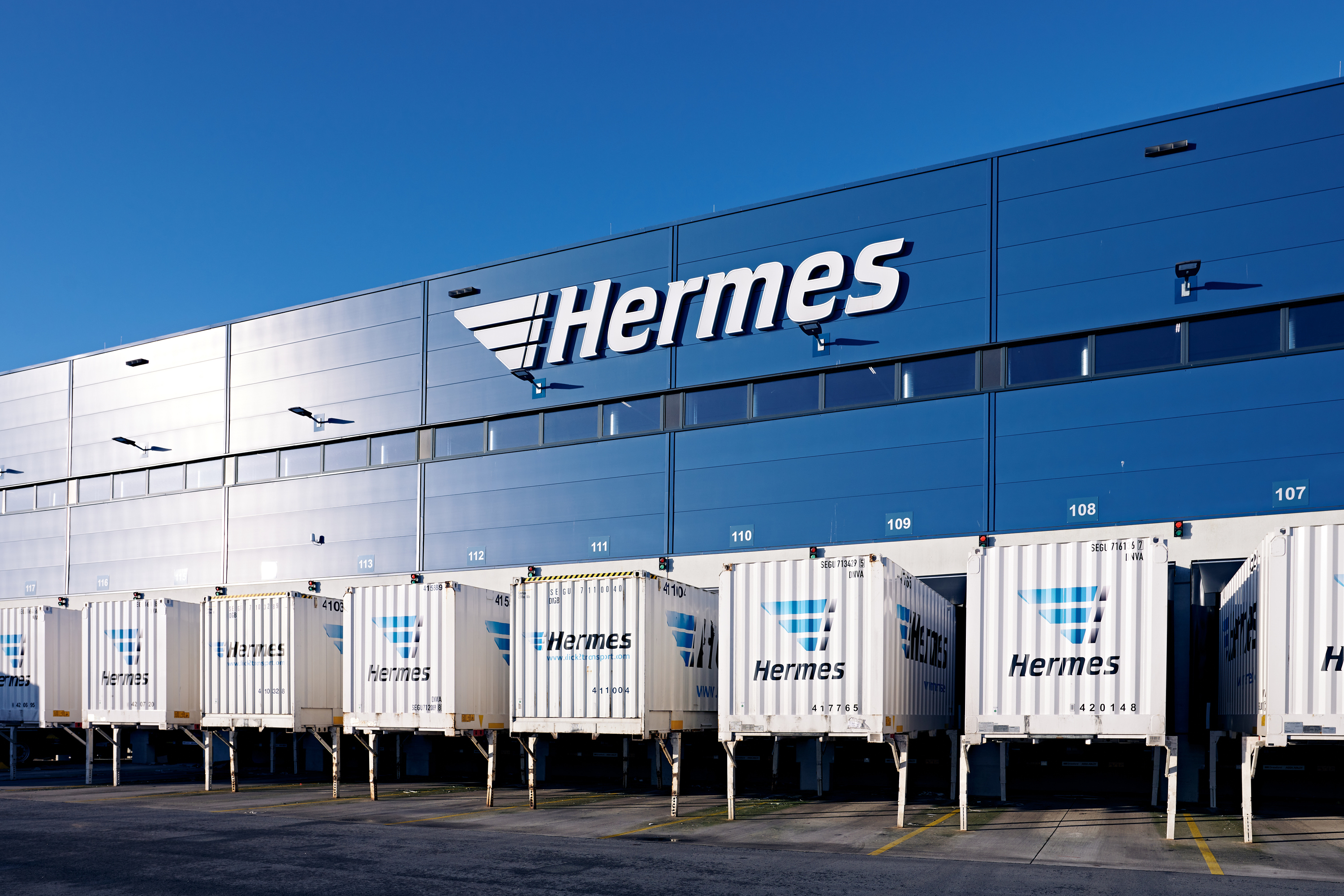The European Union’s REPowerEU Plan, initiated in May 2022, has put nuclear energy at the forefront of its strategy to secure energy and achieve climate goals. France continues to heavily invest in nuclear power, whereas Germany has largely moved away from it.
The geopolitical upheaval caused by the Russia-Ukraine conflict has reshaped Europe’s energy strategy. The EU’s REPowerEU Plan, worth nearly €300 billion, aims to eliminate reliance on Russian fossil fuels by 2027. Central to this strategy is the role of nuclear power in securing energy supplies and supporting the transition to a low-carbon economy.
This ambitious strategy places nuclear energy at the forefront of ensuring energy security and meeting climate targets. Notably, fossil-free hydrogen, derived from nuclear power, is set to play a critical role in substituting natural gas.
Nuclear power generates electricity in 14 of the 27 EU member states, accounting for 25% of Europe’s electricity and 50% of its low-carbon electricity. At the COP28 conference in late 2023, a coalition of 20 countries, led by French President Emmanuel Macron and US Special Presidential Envoy for Climate John Kerry, committed to tripling global nuclear energy capacity by 2050. This commitment is seen as pivotal for achieving net-zero carbon emissions.
The French approach
France, a longstanding advocate of nuclear energy, derives approximately 65-70% of its electricity from nuclear sources. This not only positions France among the top nuclear energy producers globally but also underscores its strategic commitment to maintaining nuclear energy as a staple of its national energy policy.
France currently operates 56 reactors with a total capacity of 61.370 megawatts. The French strategy includes building at least six new reactors by 2050, with construction starting in 2028 and commissioning by 2035.
Nuclear energy also significantly contributes to France’s economy, supporting approximately 457,200 jobs (180,100 directly and 277,100 indirectly).
The German approach
In stark contrast, Germany has adopted a more cautious stance towards nuclear energy. Nuclear power accounts for less than 2% of Germany’s electricity generation, with the country operating just three reactors with a combined capacity of 4.055 megawatts.
Germany’s strategy has been shaped by a strong anti-nuclear sentiment, particularly after the Fukushima disaster in 2011. Consequently, Germany has committed to phasing out nuclear power, opting instead to focus on renewable energy sources such as wind and solar.
However, a high carbon-intensive dirty fossil fuel such as coal still accounts for nearly 27% of Germany’s electricity production.
Despite the limited role of nuclear energy in Germany, the sector still supports around 136,300 jobs (29,400 directly and 106.900 indirectly).
Contrasting strategies
The divergent paths of France and Germany not only reflect different political and public inclinations towards nuclear power but also highlight broader economic and environmental implications. France’s investment in nuclear technology contributes to a stable, low-carbon energy supply, enhancing both energy security and economic growth.
Meanwhile, Germany’s emphasis on renewables is aligned with its vision for a sustainable energy future, though it encounters obstacles in terms of energy reliability and achieving carbon neutrality.
The EU’s recognition of nuclear energy’s role in the REPowerEU Plan underscores the importance of a balanced and diversified energy mix. Nuclear power, with its low greenhouse gas emissions (comparable to renewables such as wind and hydro), offers a viable pathway to reducing Europe’s carbon footprint.
For instance, nuclear energy emits just 12 grams of CO2 equivalent per kilowatt-hour (kWh), compared to 48 grams for solar PV, 820 grams for coal, and 490 grams for gas, according to estimates by nucleareurope.
“Last year the Nuclear Alliance of the EU Member States set the ambitious target of having 150GW of installed nuclear capacity in the EU by 2050. This was followed by the declaration at COP28 which called for a tripling of nuclear capacity globally” said Yves Desbazeille, nucleareurope Director General.
In conclusion, as Europe strives to achieve energy independence and climate goals, the economic and strategic benefits of nuclear power cannot be overlooked.
The contrasting strategies of France and Germany illustrate the broader debate on the future of nuclear energy. While France leverages nuclear power to enhance energy security and economic growth, Germany’s renewable-focused approach seeks to navigate the challenges of a post-nuclear landscape.
Balancing these approaches will be key to Europe’s energy future, ensuring both sustainability and security.




